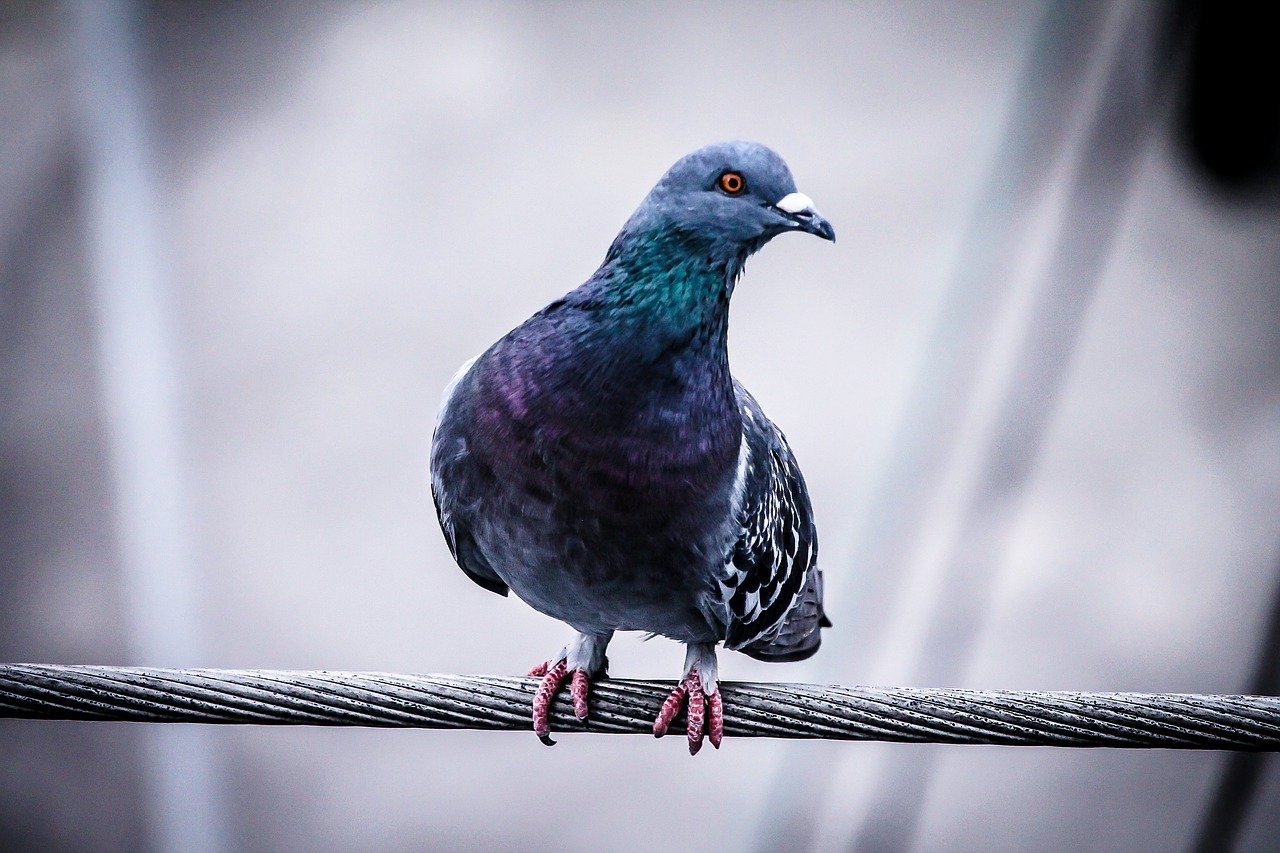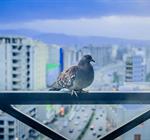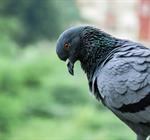
03 Aug 2020 | Apex Environmental Services (UK) Ltd
All businesses must take steps to protect their premises, regardless of what industry they operate in. Whether you own a retail store, work out of an office building or run a workshop, you’ll need to ensure that your premises are safe and secure.
Despite this, many businesses owners overlook the potential damage that pests can do. Birds, in particular, are rarely flagged up as a cause for concern. Until the damage has been done, that is.
Why is Pigeon Netting Necessary?
Without effective measures in place, birds can cause significant damage to buildings and structures. As pigeons are so prevalent, they are responsible for a substantial amount of property damage each year. In urban areas, in particular, there are tens of thousands of pigeons, so it’s not surprising that so many commercial buildings are damaged by them.
With an estimated 18 million feral pigeons in the UK, it’s easy to see how they can cause such a problem to business owners and homeowners. When they’re not prevented from doing so, pigeons will often build nests and roost on window and roof ledges. In the process, they can cause damage to the building itself.
Similarly, pigeons are capable of damaging or even removing roof tiles and accessing the eaves of an attic or the attic itself. Obviously, this causes a multitude of problems. As well as having birds nesting within your building, it makes it far easier for other pests to gain access too. Additionally, missing roof tiles allow rainwater to enter the property, which often results in damp and mould problems.
Another issue caused by the presence of birds is the build up of debris in gutters. When feathers, twigs and leaves are dropped, they can easily block gutters and prevent water from flowing through them. For businesses, this results in extra costs as the gutters need to be cleaned and cleared more often.
What is Pigeon Netting?
Pigeon netting is a humane and non-harmful way of preventing birds from gaining access to your property. Although many business owners choose netting systems due to problems caused by pigeons, netting will prevent any type of bird from nesting on or in your property.
Anti-bird netting acts as an impenetrable barrier that stops birds from accessing parts of the building or the whole structure. Once installed, birds will no longer be able to build nests on ledges or under canopies. Furthermore, when birds are no longer present, they will be unable to block guttering or cause damage to the roof of the building.
Although pigeon netting sounds like a relatively simple solution, it’s one that’s highly effective. To prevent birds from accessing your building, however, it’s vital that anti-bird netting is installed appropriately. With a risk assessment from professionals, you can ensure that high risk areas are protected and prevent subsequent damage from occurring.
In addition to this, pigeon netting must be constructed from suitable materials if it is to be effective. Birds are clever creatures and are adept at accessing small areas. If you’ve ever seen a bird’s nest up close, you’ll know just how smart they are! To prevent birds from getting through the netting or using it to their advantage, tensioned cables and intermediate fixings must be used.
Of course, you’ll want to ensure that your pigeon netting will stand the test of time too. When standard netting is exposed to the elements, it loses tension and/or rots relatively quickly, which limits its effectiveness.
At Apex Bird Control, we understand the importance of reliable and long-lasting anti-bird solutions. To ensure that your pigeon netting remains in place, we use high density UV stabilised knotted 12/6 polyethylene. As well as being unable to react to the presence of chemicals, this form of polyethylene is also ‘rot-proof’, so you won’t have to worry about it becoming damaged over time.
What Does Pigeon Netting Look Like?
As a business owner, you’ll want to ensure your premises showcase your brand at its best. Some people do worry that the presence of pigeon netting will detract from their frontage or have a negative impact on the appearance of their business.
However, anti-bird netting can be installed strategically and, often, it’s not visible on ground level. Furthermore, pigeon netting is available in stone, black and translucent shades, as well as other colours. This means the netting can be discreetly placed where it won’t be noticed. Of course, the presence of netting is far less intrusive than allowing pigeons and other birds to nest or roost on your property.
Do Birds Pose a Health Risk?
Unfortunately, birds can pose a significant health risk, especially if they’re untamed and feral. Pigeon droppings, in particular, are linked to cryptococcosis, psittacosis, salmonella and histoplasmosis. Without effective bird control measures, the risk of people succumbing to these illnesses increases. By preventing birds from nesting and roosting on your building, you can reduce the risk of your customers, your employees and members of the public being exposed to potentially harmful bacteria and fungi.
Remember – as a business owner, you’re responsible for maintaining a safe environment on your premises. If your staff do become ill because of unsanitary working conditions, you could be held liable, so it’s important to take steps to reduce the risks of workplace illnesses.
Talk to Apex Bird Control Today
Protecting your buildings from birds requires a bespoke solution. The architecture of the building and your location will have an impact on which species of birds are most likely to pose a risk to your business. By talking to our team, we can help you to identify an effective bird control system.
To find out more today, contact Apex Bird Control now on 01256 578025 or email us at info@apexbirdcontrol.uk


